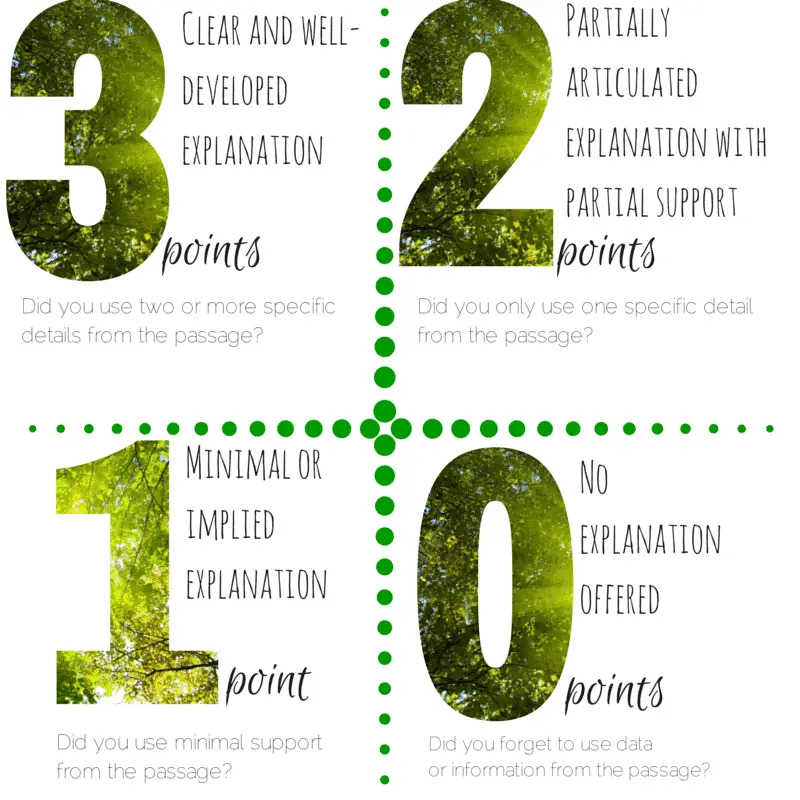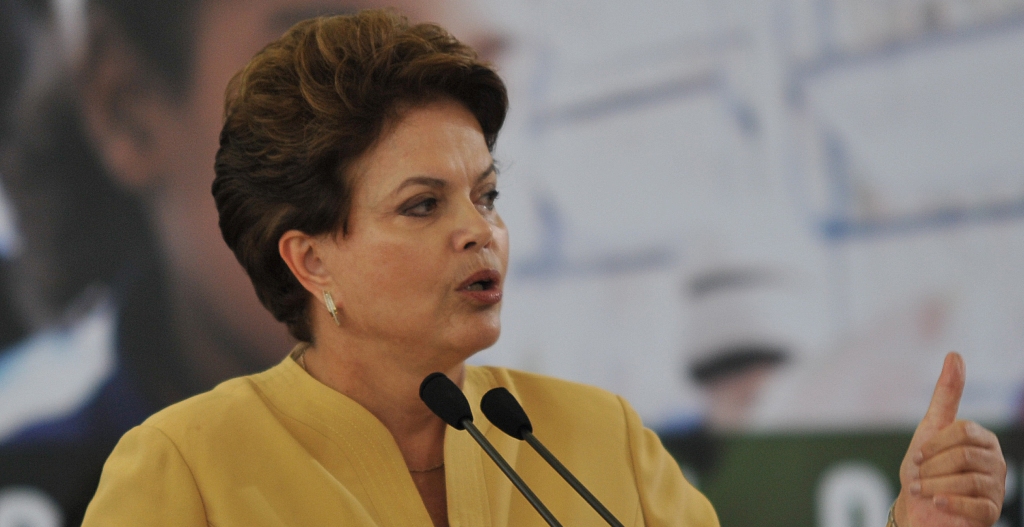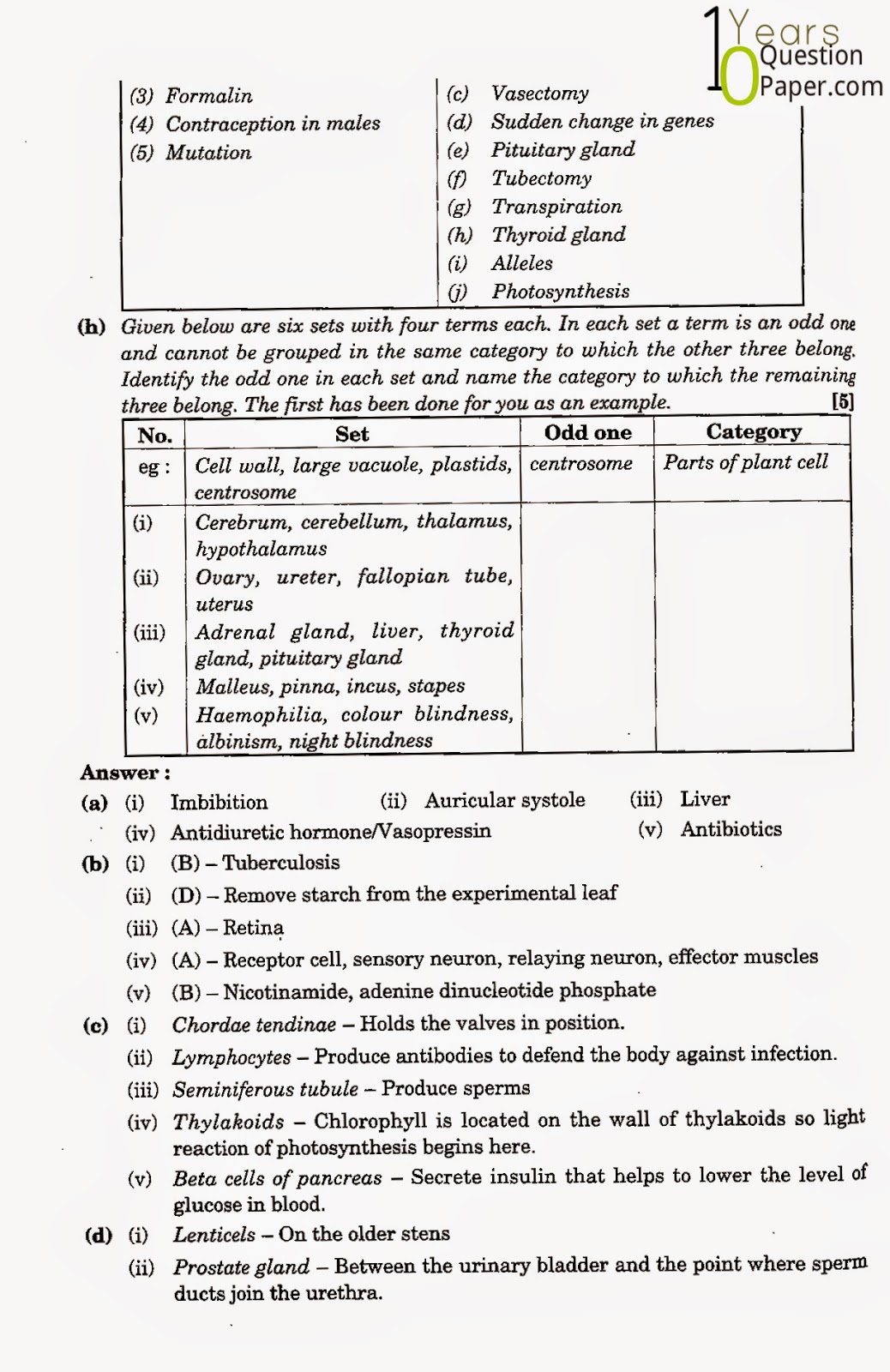Martin Luther King Three Ways Of Civil Disobedience Analysis.
Martin Luther King’s civil disobedience pertained towards the injustice minorities faced but focused more towards the black community. He assessed the situations and constructed a plan where he can cause a change in everyone, not just him. He strategized for direct- action, marches, and sit-ins.Martin Luther King and Civil Disobedience In Letter from Birmingham Jail, King invites Americans everywhere to fight injustice. He declares that all are obligated to work for justice, even above the law. Justice should be protected by politics in order for all people to enjoy certain basic rights.Martin Luther King Three Ways Of Civil Disobedience Analysis 752 Words 4 Pages Throughout the history of mankind, power has always been exercised on people as a way to suppress civil disobedience.
King is inspired to act for justice by his belief that “whatever affects one directly affects all indirectly (King 290). ” His ideas about inclusion justify his reasoning for civil disobedience. King appeals to people’s emotions when he invokes the image of his disappointed daughter that is not allowed to visit a whites only amusement park (King 293).Luther x27;s challenges to the ecclesiastical authority and doctrines of the Roman Catholic Church precipitated the Protestant Martin Luther King Jr. Civil Disobedience Essay Explained Martin Luther King, an American of African origin, was an ardent advocate of this tactic and led the civil rights movement in using marches and peaceful protests.

During this time King spoke in many places about civil disobedience and injustice. On February 3, 1959, Dr. Martin Luther King Jr. took a five-week tour of India to study Mohandas Gandhi’s philosophy of nonviolence in which he met with many government leaders, supporters of Gandhi, and many other groups of people.












